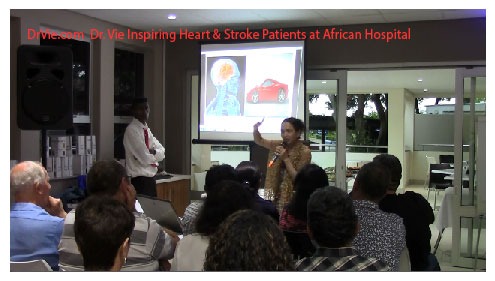
Are you at risk for alzheimer's dementia heart and stroke
- Post author:Dr. Vie
- Post published:May 17, 2017
- Post category:Articles / Book News / Personal Development
- Post comments:0 Comments
Dr. Vie
I hope the article sparked your inner creativity. Do comment below. Remember I am here to support you. Send me an email or message me and I shall connect with you. Do join my VIP lists for exclusive invites to my events, seminars, books & more. BE what you are. Lots of love, always, Dr. V
